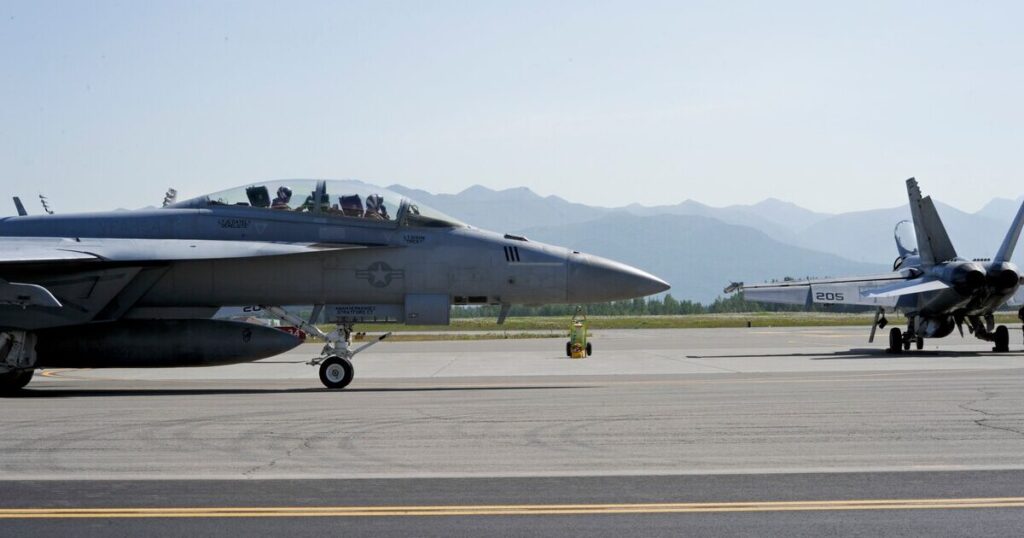On June 18, 2015, a tragic friendly fire incident occurred when a U.S. Navy guided-missile cruiser, the USS Gettysburg, mistakenly shot down an F/A-18F Super Hornet fighter jet over the Red Sea. The fighter jet, part of the “Red Rippers” of Strike Fighter Squadron 11 based at Naval Air Station Oceana in Virginia, had just launched from the aircraft carrier USS Harry S. Truman. The misidentification led to the cruiser engaging the fighter as a hostile target, resulting in the aircraft’s destruction. Fortunately, both pilots ejected safely; however, one pilot sustained minor injuries. Central Command confirmed the event but did not provide clarity on how the Gettysburg could misidentify a friendly aircraft amid existing communication and radar systems linking ships in a carrier strike group.
The incident occurred against a backdrop of increasing tensions in the region due to conflict with Iranian-backed Houthi rebels from Yemen. The USS Truman Carrier Strike Group had been involved in operations characterized by heightened threat levels, including previous engagements where multiple Houthi drones and missiles had been shot down. Central Command indicated that the presence of U.S. warships in the region could provoke renewed Houthi attacks similar to those experienced during the deployment of the USS Dwight D. Eisenhower. The increased airstrikes targeting Houthi positions were part of a broader strategy aimed at disrupting the rebels’ operations, particularly concerning missile launches against naval assets in the Red Sea.
Despite the serious nature of the friendly fire incident, military experts have expressed concern over a possible link between operational mishaps and the current climate within the Navy stemming from Diversity, Equity, and Inclusion (DEI) initiatives. Critics argue that these programs may detract from operational readiness and efficacy as they might focus more on sociopolitical objectives rather than traditional military excellence and effectiveness. The Heritage Foundation has specifically pointed out that enrollment concerns have led to the Navy missing recruiting targets by substantial margins, raising alarms about personnel shortages that may affect readiness.
Results from surveys indicate a growing discontent among military personnel regarding perceived politicization within the Armed Forces. Reports suggest that around 62% of active-duty military members feel that the military has become politicized, with 65% stating they would discourage their children from pursuing a military career. This dissatisfaction could pose challenges for the Navy, especially as it attempts to maintain a sufficient and capable force in light of ongoing global naval commitments.
The financial implications of DEI initiatives within the Pentagon add another layer of scrutiny to the situation. For the fiscal year 2024, the Pentagon has requested $140 million to expand these initiatives—an increase from the previous year’s $86.5 million. Critics within and outside the military argue that these funds could be better allocated toward vital operational priorities, arguing that focusing on divisive programming might inhibit the Navy’s ability to respond effectively to rising threats and operational demands.
In conclusion, the friendly fire incident involving the USS Gettysburg and the F/A-18 Super Hornet brings to light not only severe implications for military operations and personnel safety but also reflects widespread concerns regarding the Navy’s internal environment. The connection between operational readiness, personnel morale, and the implementation of DEI programs warrants further examination as the Navy navigates pressures from external aggressors like the Houthi rebels and evaluates internal challenges. Resolving these multifaceted issues will be imperative for the Navy to ensure operational effectiveness and a cohesive, motivated force capable of responding to the complexities of modern warfare.

